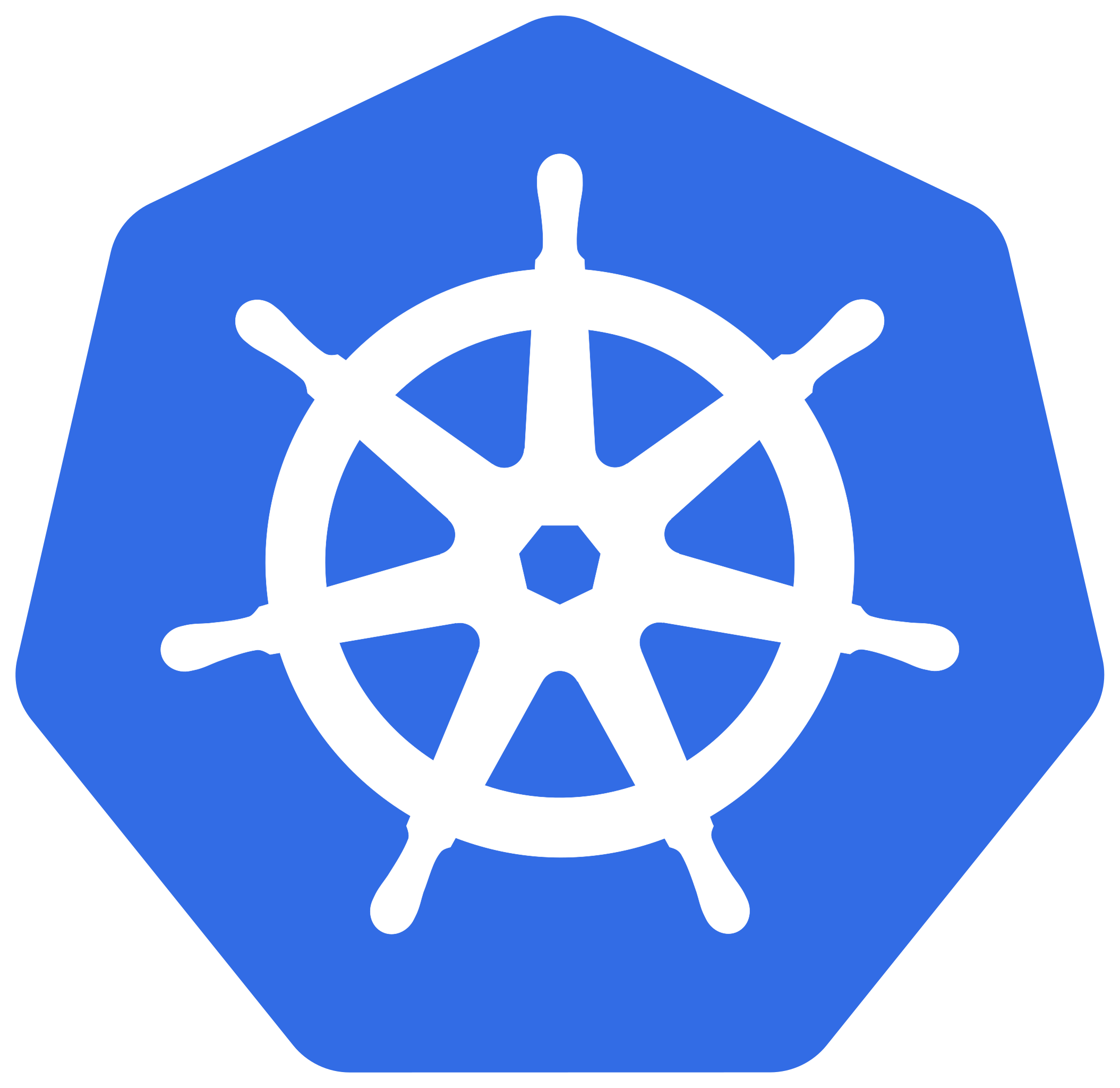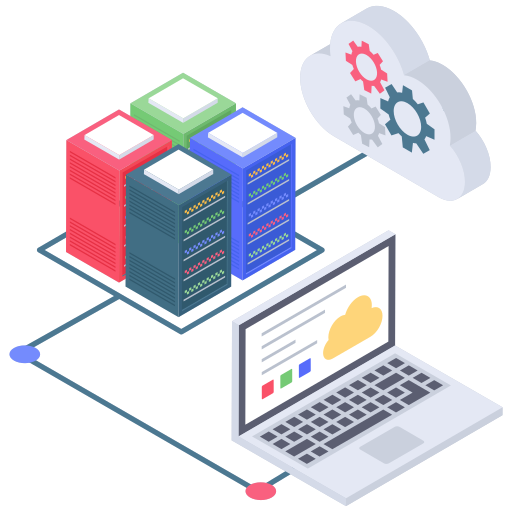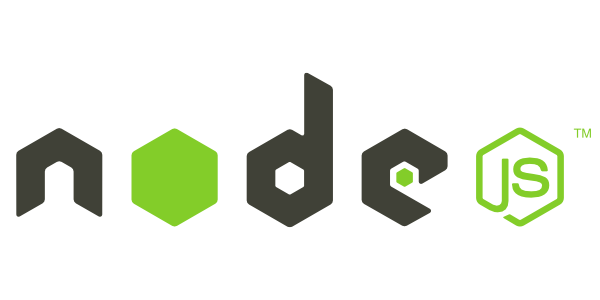
Vista Protech is a premier provider of high-quality training across a broad spectrum of technological fields. We take pride in our track record of equipping professionals at all levels with the essential skills they need to succeed.
Our offerings are designed to cater to every individual’s unique learning style, with both in-person classroom sessions and interactive online courses. Our flexibility and adaptability ensure that we can serve our learners effectively, regardless of their location or schedule.
Our team comprises highly skilled trainers with deep expertise in various technologies. Their extensive experience and commitment to teaching excellence guarantee that our training sessions are not just informative but also engaging and applicable in real-world scenarios.
At Vista Protech, we firmly believe that education plays a crucial role in shaping the future of technology. Therefore, we strive to ensure that our consultants receive the highest quality of training. By choosing us, you’re investing in a partner committed to fostering growth and innovation through advanced learning opportunities.
Technologies of Cloud Services :

Kubernetes (AKS, EKS, GKE)

Cloud Technologies (Azure, AWS and GCP)

SRE (Site Reliability Engineering)

QA and Automation

Data analytics and Data Scientist

Monitoring (Splunk, AppD, Dynatrace, DataDog)
Technologies of Apps & Services :








Technologies of Business Intelligence :






key technologies used in cloud services
Infrastructure as a Service (IaaS)
IaaS is a type of cloud service that provides users with virtualized computing resources over the internet, including servers, storage, and networking infrastructure. Examples of IaaS providers include Amazon Web Services (AWS), Microsoft Azure, and Google Cloud Platform.
Platform as a Service (PaaS)
PaaS is a type of cloud service that provides users with a complete platform for developing, testing, and deploying applications over the internet, without the need to manage the underlying infrastructure. Examples of PaaS providers include Heroku, Google App Engine, and Microsoft Azure.
Software as a Service (SaaS)
SaaS is a type of cloud service that provides users with access to software applications over the internet, without the need to install or manage the software on their local machines. Examples of SaaS applications include Salesforce, Microsoft Office 365, and Dropbox.
Content Delivery Networks (CDNs)
CDNs are networks of servers distributed geographically that work together to deliver content faster to end-users. CDNs can help improve the performance and reliability of cloud-based applications by reducing latency and improving availability. Examples of CDN services include Cloudflare, Akamai, and Amazon CloudFront.
Serverless Computing
Serverless computing is a cloud computing model where the cloud provider manages the infrastructure, allowing developers to focus on building and running their applications without worrying about the underlying infrastructure. Examples of serverless computing services include AWS Lambda, Azure Functions, and Google Cloud Functions.
Containers
Containers are a lightweight alternative to virtual machines that allow applications and their dependencies to be packaged and isolated. Containers enable portability, scalability, and rapid deployment of applications. Examples of container services include Docker, Kubernetes, and Amazon Elastic Container Service (ECS).
